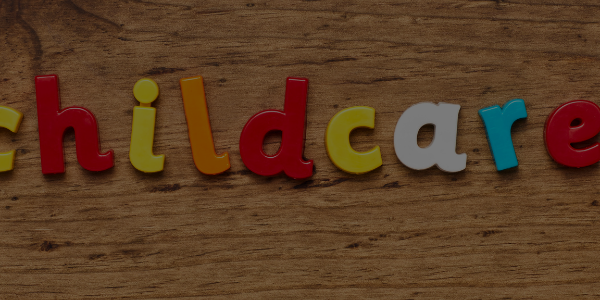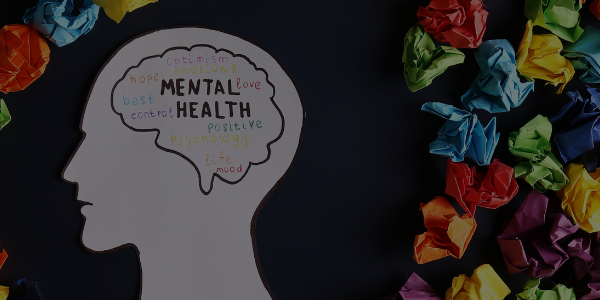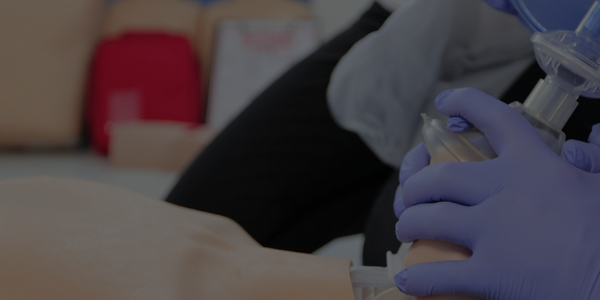What is Blood Sugar?
What’s more? – Insulin is a hormone produced by the pancreas, a gland located behind the stomach.
And it helps regulate it (glucose) levels in the body by helping glucose enter the body’s cells to be used as an energy source.
Importantly, it also works to keep it from getting too high (hyperglycemia) or too low (hypoglycemia).
The body makes insulin when you eat. Insulin allows your body to use sugar from food for energy or store it for future use.
What does blood sugar do?
Your body regulates it levels as a part of metabolism.
The body produces a hormone called insulin that helps regulate how much glucose is in your blood.
Insulin is produced by the pancreas, which lies near the stomach.
The levels of sugar in your blood are controlled by a balancing act between insulin and another hormone called glucagon, which is produced in the pancreas and liver.
Glucagon acts like the opposite of insulin: it raises it by prompting the liver to release stored glucose into the bloodstream.
Normally, you have higher blood sugar levels after eating (a meal or snack), especially if that meal contains carbohydrates. After about an hour, it begins to fall again. When it gets too low, you may feel hungry again, even if you just ate a short time ago.
Blood sugar levels change constantly throughout the day and night. They are affected by many things, including:
- what you have eaten
- how well controlled your diabetes is
- how physically active you are
- your weight (if you’re overweight)
- whether you smoke or drink alcohol
- Lastly, whether you’re under stress or ill
How do I check my blood sugar?
Moreover, if you have diabetes, checking your blood sugar level regularly is important because it gives you information on how well your diabetes treatment plan is working.
And check your blood sugar level, you prick a clean finger with a small needle called a lancet, put a drop of blood on a test strip, and place the strip into a meter that displays the level on a screen.
The metre tells you if levels are within or outside the range set by your doctor.
Please note that regular First Aid and CPR Training is the best way to make sure that you’re prepare in the case of an emergency. Book a course with us!
Find this article useful? Read more of our blogs here!





